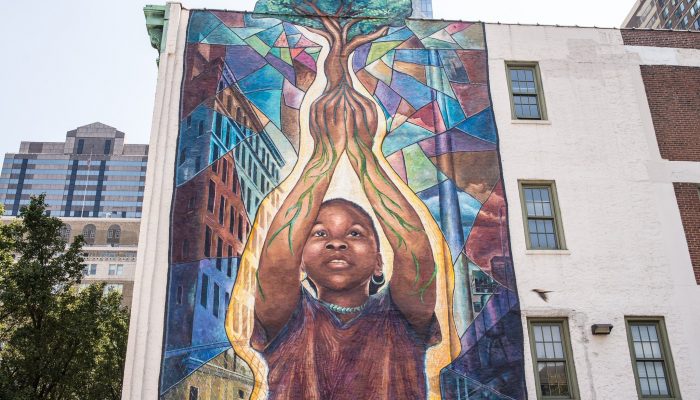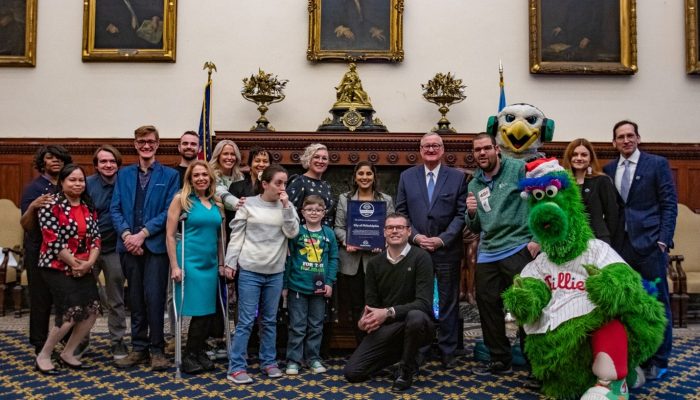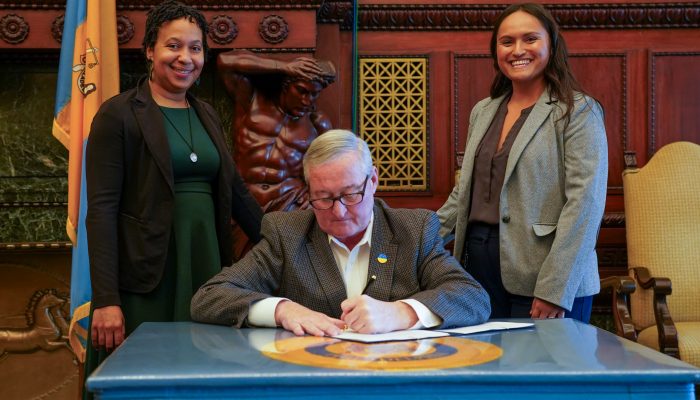February is here, and for the Office of Diversity & Inclusion, that means paying special attention to Black History Month. This year, we’re highlighting trailblazers who helped build a more inclusive Philadelphia. Here are three 20th-century Philadelphians that made significant contributions for the Black community in Philadelphia and the world:
Sadie T.M. Alexander (1898 – 1989) was the first African American woman to receive a law degree from the University of Pennsylvania Law School in 1927 and the first African-American woman to practice law in Pennsylvania. Throughout her life she was a skilled lawyer and fighter for the rights of African Americans. Practicing law with her husband for much of her professional life, Mrs. Alexander was a tireless advocate against racial discrimination and segregation. In 1947 she was appointed by President Harry S. Truman to serve on the President’s Committee on Civil Rights. Later, she served on the City’s newly formed Commission on Human Relations from 1952 – 1968.
Cecil B. Moore (1915 – 1979), was a Philadelphia lawyer and civil rights activist who understood that change and progress for African Americans required more than speech making or legal scholarship in the courts. Moore believed that direct action was a necessary element in the fight for civil rights. He led demonstrations for 7 months in 1965 around Girard College in North Philadelphia, a segregated institution at the time, which many will say quickened the pace of court decisions that integrated the institution. Moore was widely loved by working class African Americans because he was a fighter, direct in his manner and a brilliant trial lawyer willing to represent those who needed his services even when they could not pay him.
Reverend Leon Sullivan, (1922 – 2001) was the longtime pastor of Zion Baptist Church. Reverend Sullivan was a big believer of economic inclusion at every level, and during his time as pastor, he founded the Opportunity Industrial Center, (OIC), a job service training program teaching manufacturing and business skills to African Americans. Sullivan was appointed a board member of General Motors which happened to be the largest employer of blacks in South Africa, a country that practiced apartheid — racial segregation and discrimination targeted against the country’s black population. Sullivan issued his “Sullivan Principles” which U.S. Corporations were to demand for its employees as a condition of doing business in South Africa.




